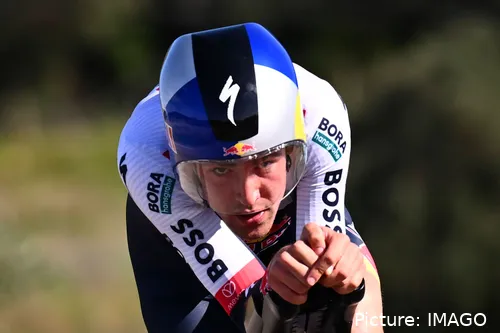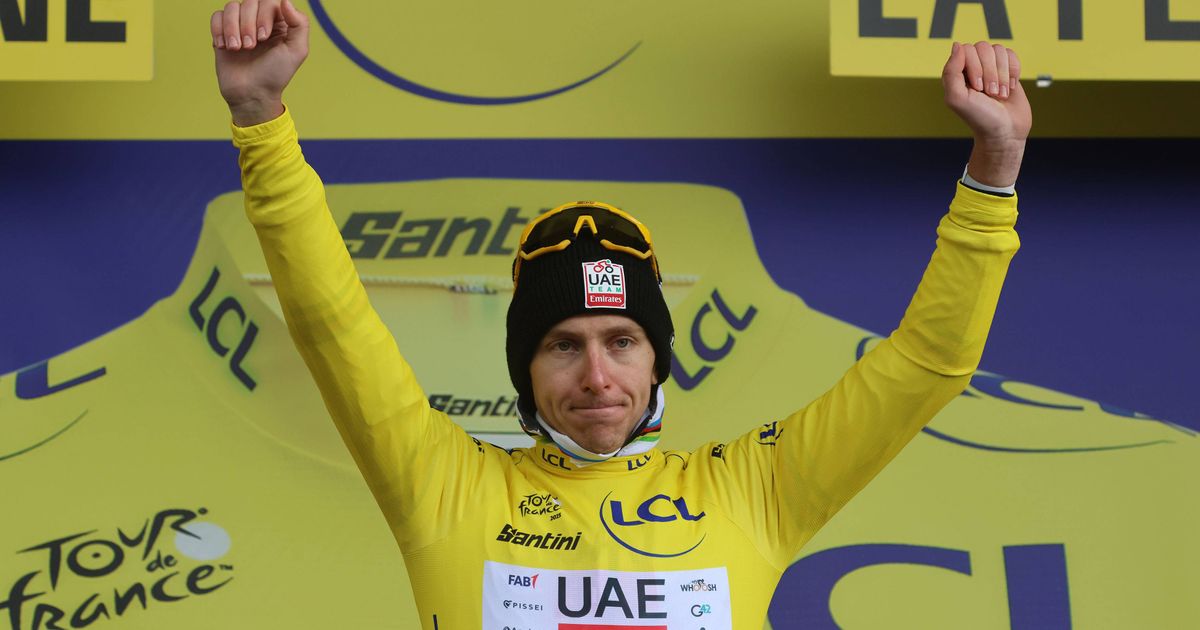Bruyneel dismissed the rumors as misinterpretations of Evenepoel’s remarks. “No, he’s not skipping it. I saw the interview. First of all, things constantly get taken out of context, right? I did see the quote. It was a podcast that Patrick Evenepoel did, and they were talking about Remco and Tadej, and then he says, well, who says Tadej will do the Tour next year? And then the interviewer said, yeah, well, what makes you say that? Yeah, you know, maybe there’s some rumors in the peloton, but he didn’t specifically say that he had heard that Pogacar wasn’t gonna do the Tour.”
He also referred to public clarifications made by Pogacar’s management, who made it clear that Pogacar’s plan is to ride the Tour once again. “And by the way, Matxin has straightaway corrected that and said that there’s absolutely no plan or no intention for Tadej Pogacar not to do the Tour de France next year. I mean, if he wins next year, he has five victories, a pretty important milestone there.”
Martin noted that such speculation could almost take on a life of its own. “Yeah. I mean, maybe it’s a good idea. Maybe you have to speak it into existence. Like if Patrick says it enough, Tadej will think, maybe I shouldn’t do it.”
However, Bruyneel does not think Pogacar would be influenced by what others say, much less Evenepoel’s dad. “I don’t think Tadej cares too much about what Remco’s dad says, but I am convinced that it’s something that could blown up and taken out of context.”
Oier Lazkano’s suspensionBruyneel and Martin also talked about the recent doping scandal affecting Oier Lazkano. Doping is a topic in which Bruyneel can claim much expertise, as he was suspended for that and is serving a lifetime ban since 2018 from all activities related to cycling due to his central role in orchestrating a systematic and sophisticated doping program as the manager of the U.S. Postal Service (1999-2004) and Discovery Channel (2005-2007) cycling teams.
“My big takeaway here is that there are things like xenon gas that any of us could use and are fantastic, right? You can go climb Mount Everest without acclimation. But I already said that it would be tough to use that if you’re a cyclist, even though you might not test positive, because they keep such a close eye on your values. And this to me does confirm the good news of this test is it confirms that they are keeping a very close eye on people’s values and it’s very hard to get away with stuff,” Martin explained.

Oier Lazkano has not competed since Paris Roubaix, back in April
Bruyneel argued that Lazkano’s team may have been unaware of the situation. “I do believe that Movistar was not informed. If the UCI says it happened between 2022 and 2024, it means they kept track of certain things that they saw in his values, whether it is hematocrit, hemoglobin, hormone, whatever they are monitoring. It’s probably true what you say that Lazcano presented probably some arguments and they didn’t accept them and he got now provisionally suspended, but it’s gonna end up in a firm suspension.”
He emphasized the effectiveness of the bio passport system. “I think the bio passport is definitely a good tool. Started in 2008, if I’m not mistaken, and it got perfected over the years. It’s strange to see that they are able to use this to sanction athletes.”
Bruyneel also claimed that high-profile athletes rarely face sanctions via the bio passport. “What really comes to my attention is that usually people who got caught by the bio passport, it was years later. I’m not surprised that they never do this with big names who have a lot of financial resources. I think the bio passport is a good tool to monitor and to target certain athletes that they see certain abnormalities, but there’s a reason why no big champion with a lot of money has been put in this situation, because if anybody who has a lot of resources, really good lawyers, and a lot of time, challenges this, it falls,” he concluded.

